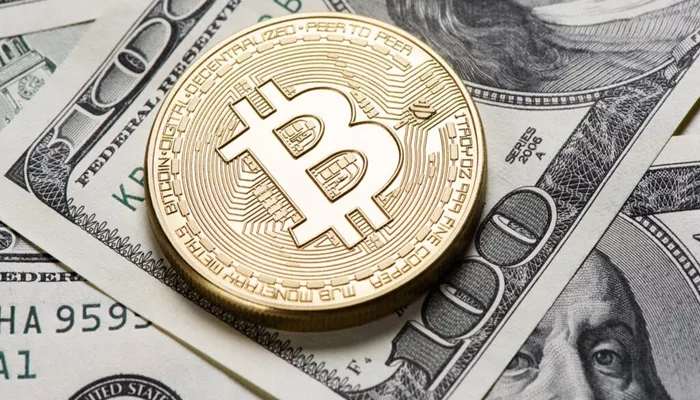Bitcoin has recently surpassed the $100,000 milestone, signaling a monumental shift in the global financial landscape. Behind this surge lies a complex set of institutional developments and regulatory shifts that are shaping the future of digital currencies.
In recent years, the United States has positioned itself as a key player in setting global cryptocurrency standards, with the country’s regulatory framework now serving as a reference point for the rest of the world. International organizations, such as the Bank for International Settlements (BIS) and the Financial Stability Board (FSB), have been at the forefront of crafting a cohesive approach to cryptocurrency regulation. Their collaborative efforts have led to the creation of guidelines aimed at ensuring financial stability while mitigating the risks posed by the growing cryptocurrency market. These measures are providing a much-needed roadmap for countries to manage and integrate digital currencies into their financial systems.
One of the most promising trends on the horizon is the widespread adoption of asset tokenization powered by blockchain technology. The BIS has introduced a financial internet model that leverages blockchain to reshape how financial assets are exchanged and managed across borders. This model is gaining traction globally, with several nations and regions acknowledging its potential to revolutionize the financial sector. The financial internet model could have profound implications for both cryptocurrency markets and the global financial infrastructure, offering a more secure, transparent, and decentralized alternative to traditional financial systems.
As this new financial ecosystem takes shape, Bitcoin’s role as a key asset in the global financial system is set to expand. Bitcoin’s growing market value reflects its increasing acceptance as a store of value, with many observers now comparing it to digital gold. As the cryptocurrency market matures, Bitcoin’s position as a global asset class will continue to solidify.
Looking ahead, Bitcoin’s status is poised to evolve further, with the potential for it to become an official strategic reserve asset in the eyes of global governments. If the next U.S. president takes steps to solidify Bitcoin’s place in the nation’s strategic reserves, it could propel Bitcoin’s market value to new heights. This move would underscore the growing importance of digital currencies on the world stage and could lead to Bitcoin being viewed as a critical component of the global financial architecture.
With the U.S. regulatory environment slowly relaxing, it’s also expected that new financial derivatives tied to Bitcoin and other cryptocurrencies will emerge. These derivatives, backed by established financial institutions, will help drive further growth in the cryptocurrency market, providing investors with more opportunities to diversify their portfolios and hedge against market volatility.
As the cryptocurrency market continues to grow, it will likely exert pressure on smaller economies and their financial systems. National regulatory authorities may see their influence wane, particularly as cryptocurrencies and blockchain-based financial products gain greater market share. The rise of digital assets could erode the power of traditional fiat currencies and challenge the dominance of central banks.
At the same time, the ongoing development of financial products like stablecoins and decentralized finance (DeFi) platforms, along with breakthroughs in blockchain technology, will fuel a wave of financial innovation. This innovation will likely unfold through cross-border collaborations, as countries and institutions around the world seek to harmonize their efforts to create a more inclusive, transparent, and efficient global financial system.
The convergence of these trends suggests that we are on the brink of a new era in global finance, one where cryptocurrencies like Bitcoin will play an increasingly central role. As the market for digital assets expands, the traditional financial infrastructure will have to adapt, paving the way for a more decentralized and interconnected world economy.
Read more:

